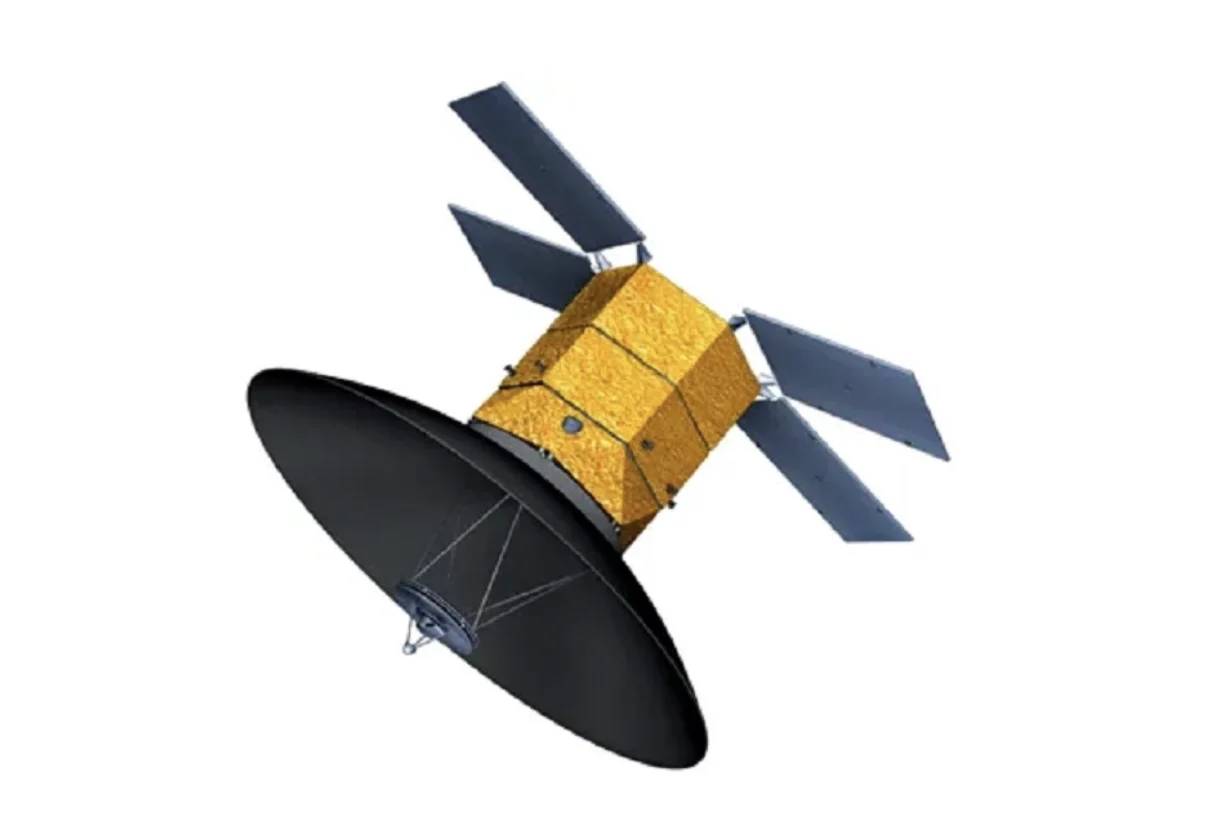Singapore launches TeLEOS-2 satellite

TeLEOS-2 SAR satellite
Singapore defence prime ST Engineering has successfully launched its first polarimetric synthetic aperture radar (PolSAR) satellite, TeLEOS-2, the company announced on 22 April.
The 750kg TeLEOS-2 features an indigenously developed SAR payload and is claimed to be capable of capturing both day and night images under all-weather conditions in high resolutions, with full polarimetry for a wider range of satellite data applications.

TeLEOS-2 was developed jointly with Singapore’s Defence Science and Technology Agency.
The satellite was launched from Satish Dhawan Space Centre in Sriharikota, India. According to ST Engineering, it is operating in near-equatorial orbit at 10 degrees inclination, enabling it to offer 1m high-resolution imagery with an average of 14 passes a day and cover major shipping routes, disaster-prone and forest-fire regions.
The company added that the TeLEOS-2’s PolSAR payload enables it to penetrate cloud and precipitation and capture both day and night images under all-weather conditions. This enables improved monitoring, mapping and quantification, as well as multiparameter details of different surfaces, it asserted.
“The development and launch of TeLEOS-2 represent another milestone in our journey in building up indigenous capabilities for the expansion and commercialisation of our satellite technologies,” said Low Jin Phang, President, Digital Systems at ST Engineering.
“It will further propel the growth of Singapore’s space industry and strengthen ST Engineering’s position in the global space market,” Low added. “We continue to deepen our capabilities and expand our service offerings for key commercial applications including maritime, agriculture, environment and disaster monitoring and management.”
Singapore launched TeLEOS-1, its first commercial Earth imaging satellite, on 16 December 2015. The 400 kg satellite is understood to be orbiting 15 degrees north and south of the equator and offers revisits of observation targets every 12 to 16 hours. Its unique orbit complements other Earth observation satellites operating in more traditional sun-synchronous orbits.
by Jr Ng




